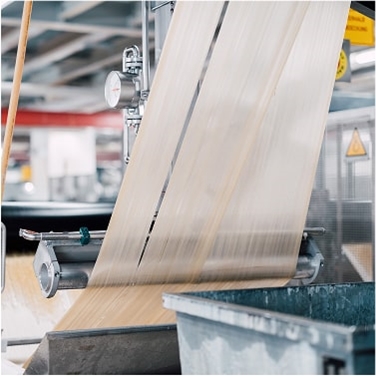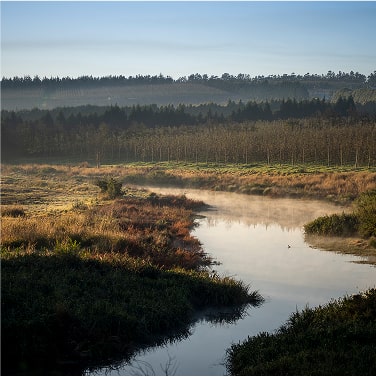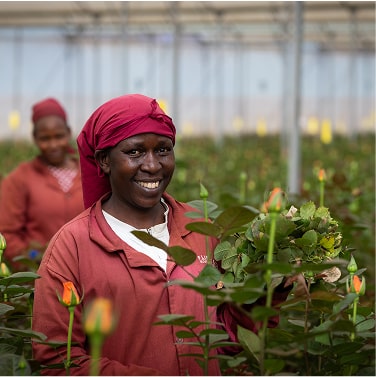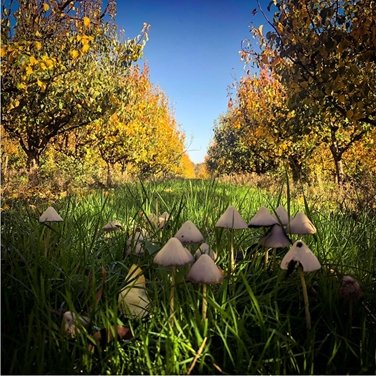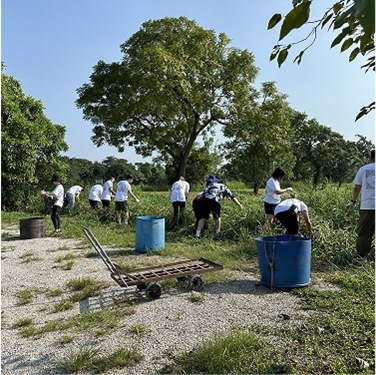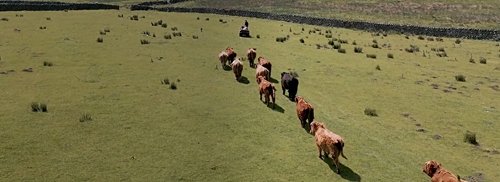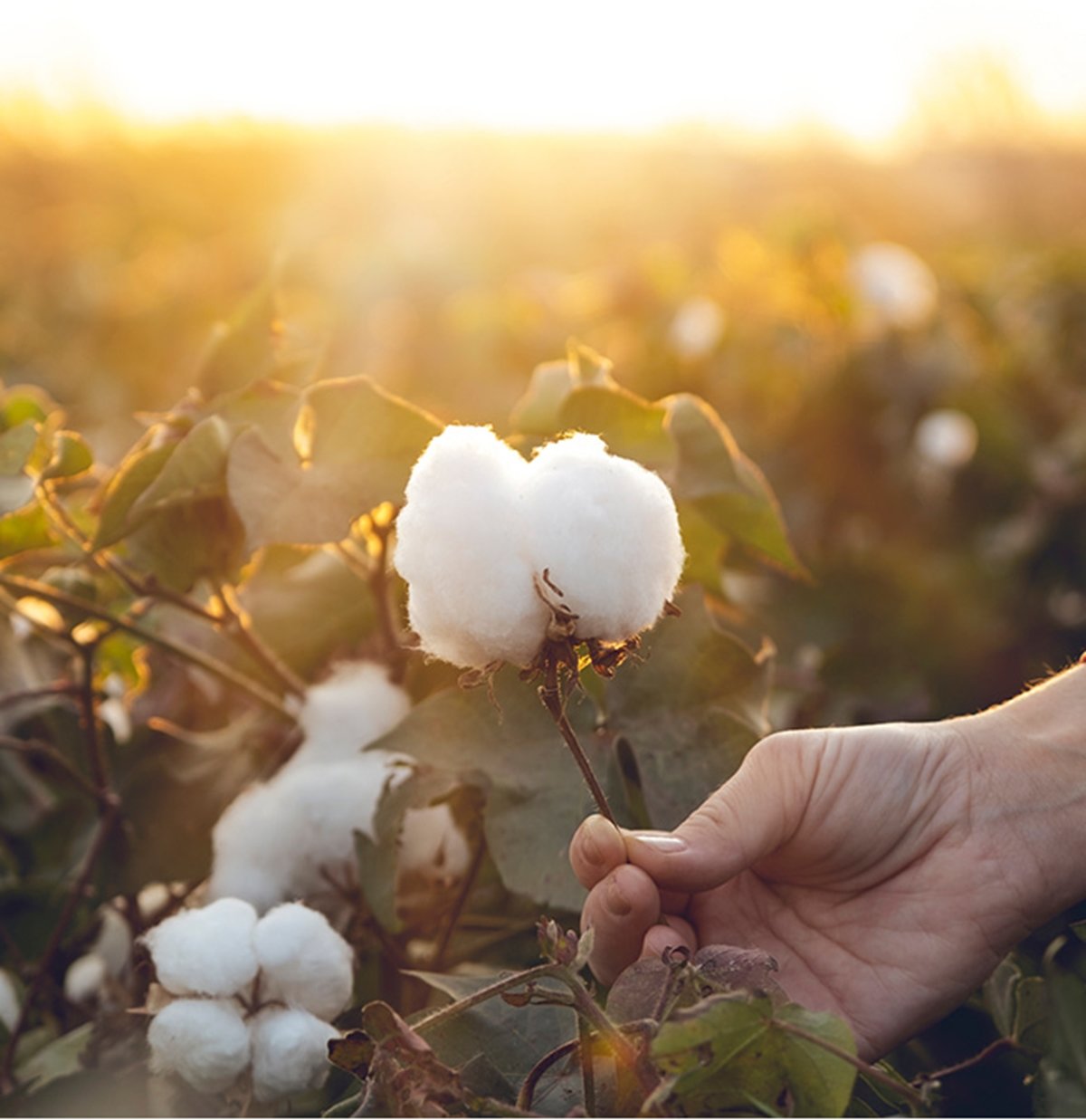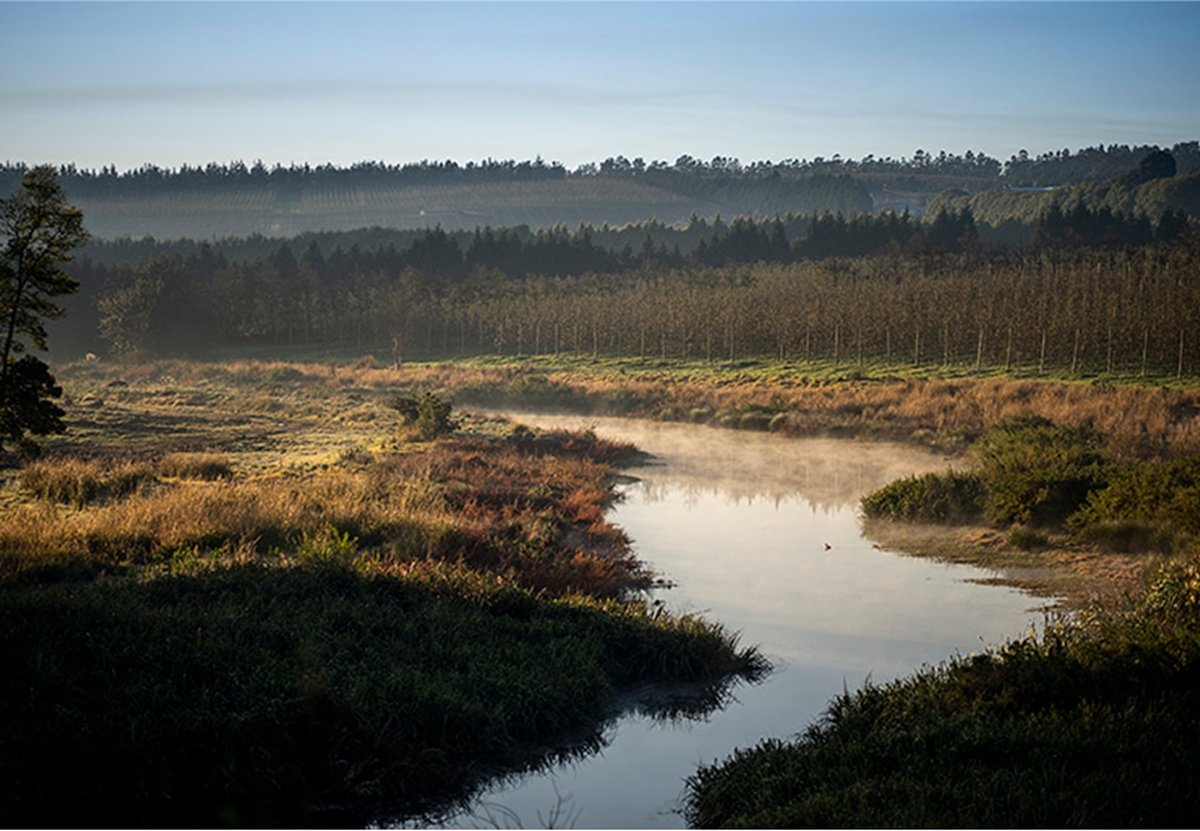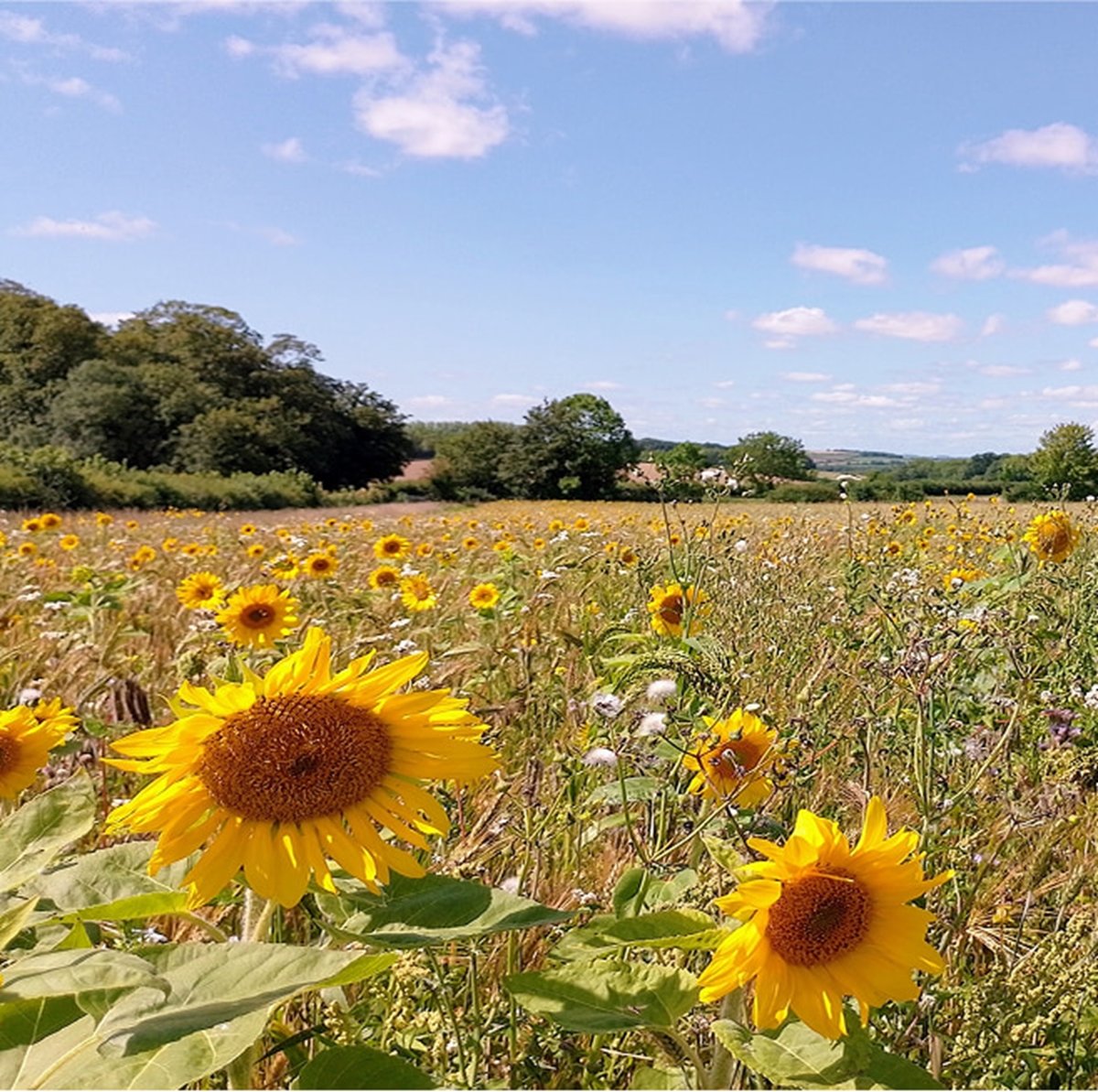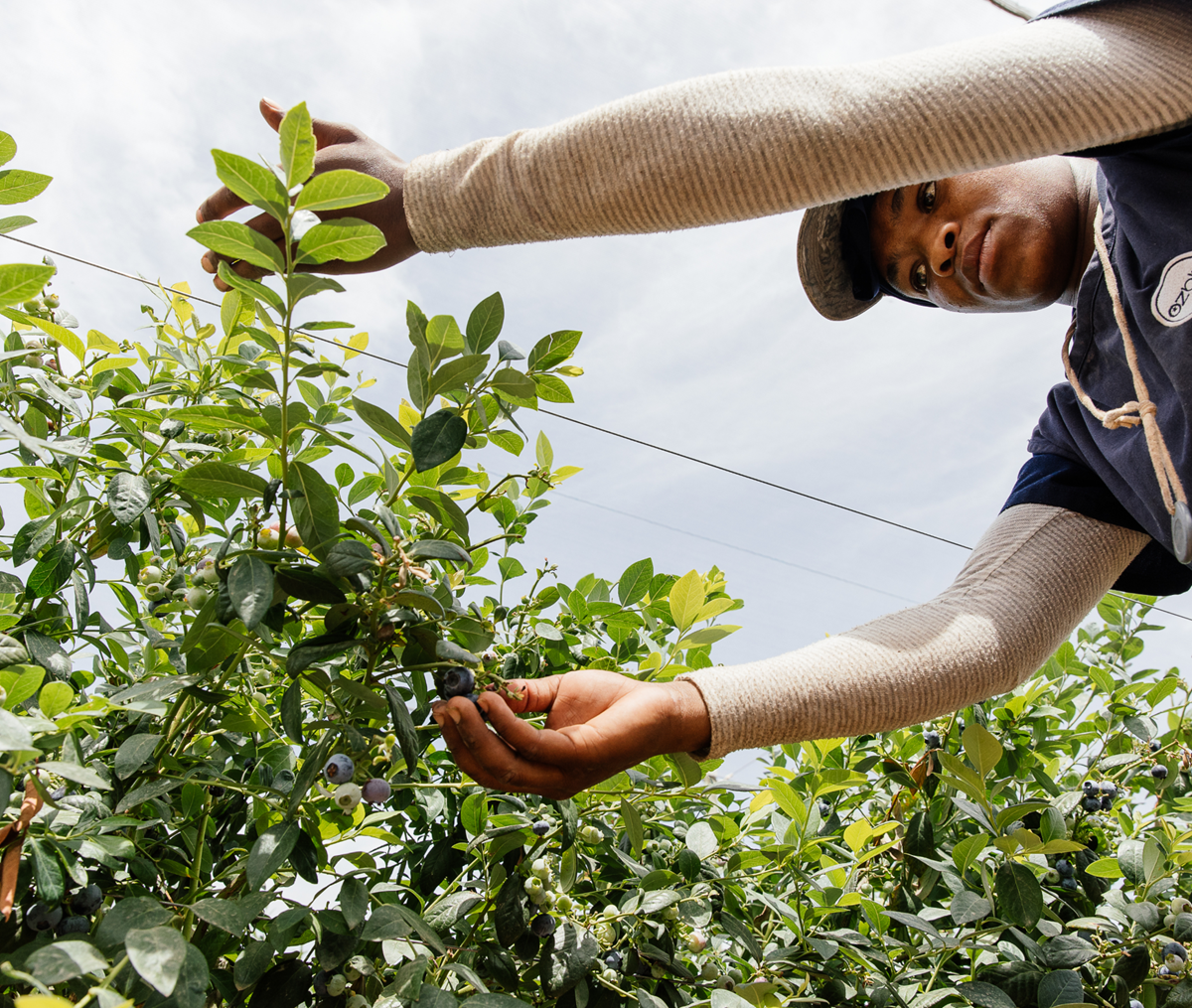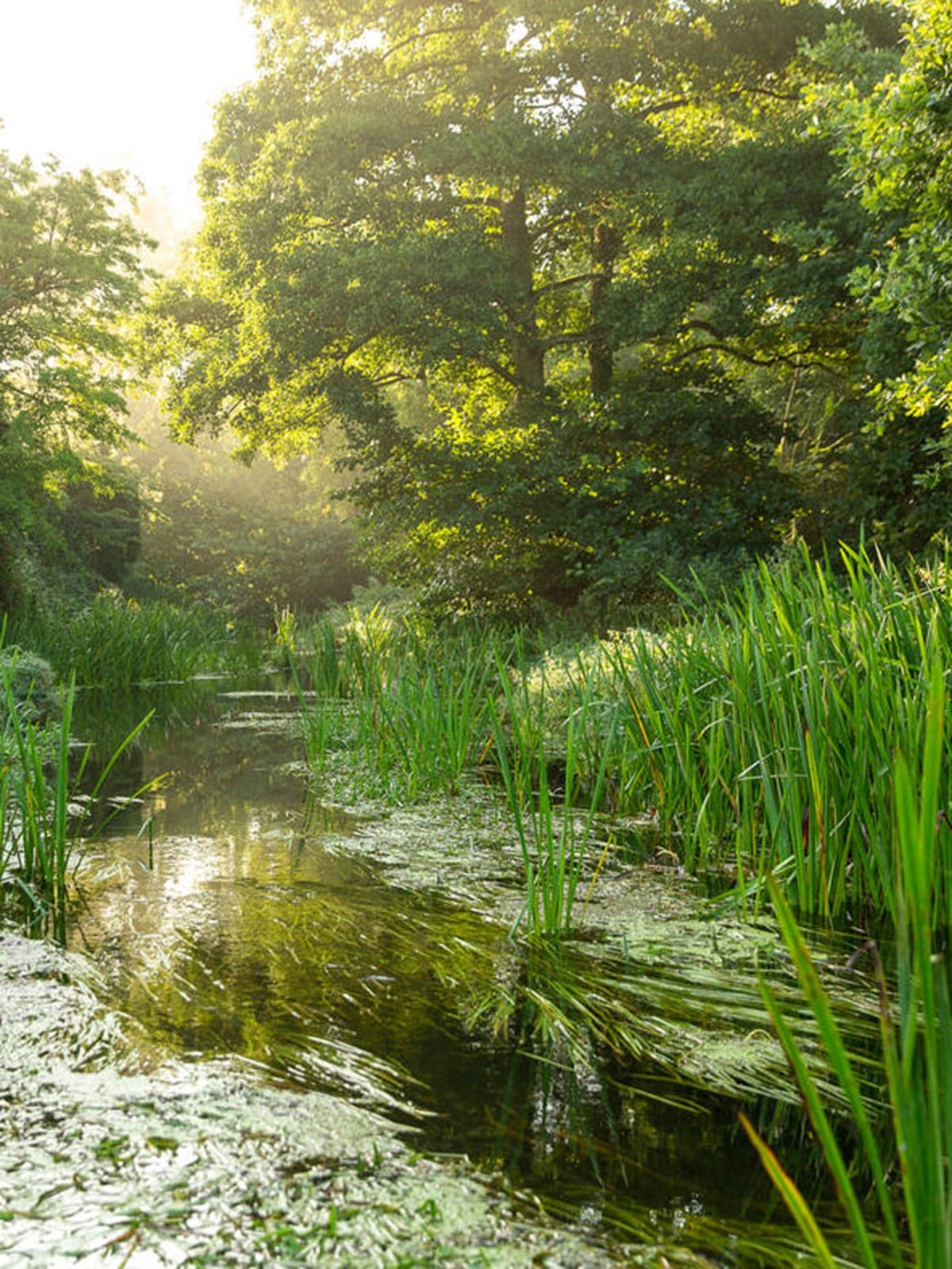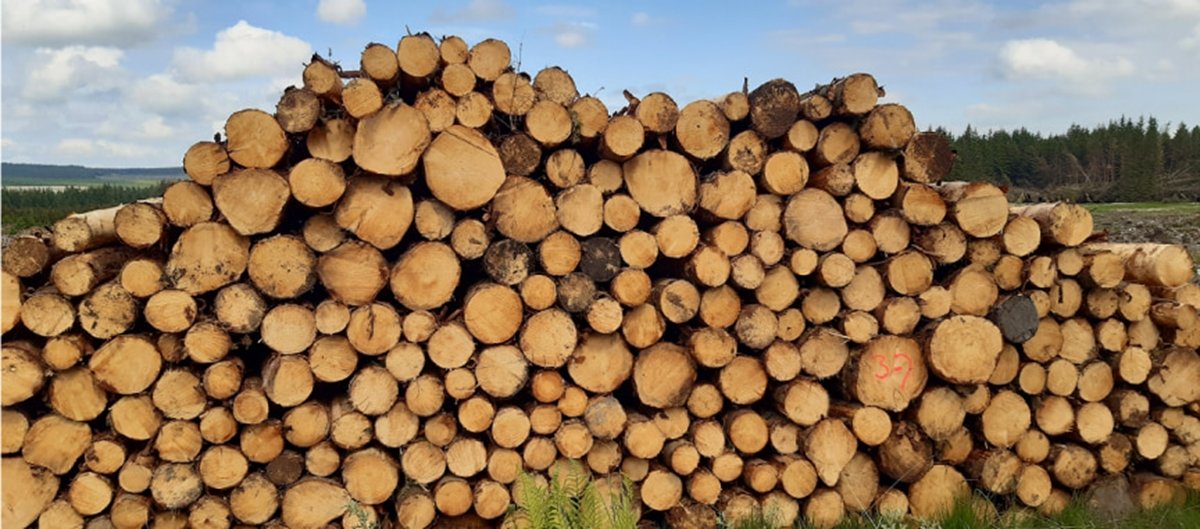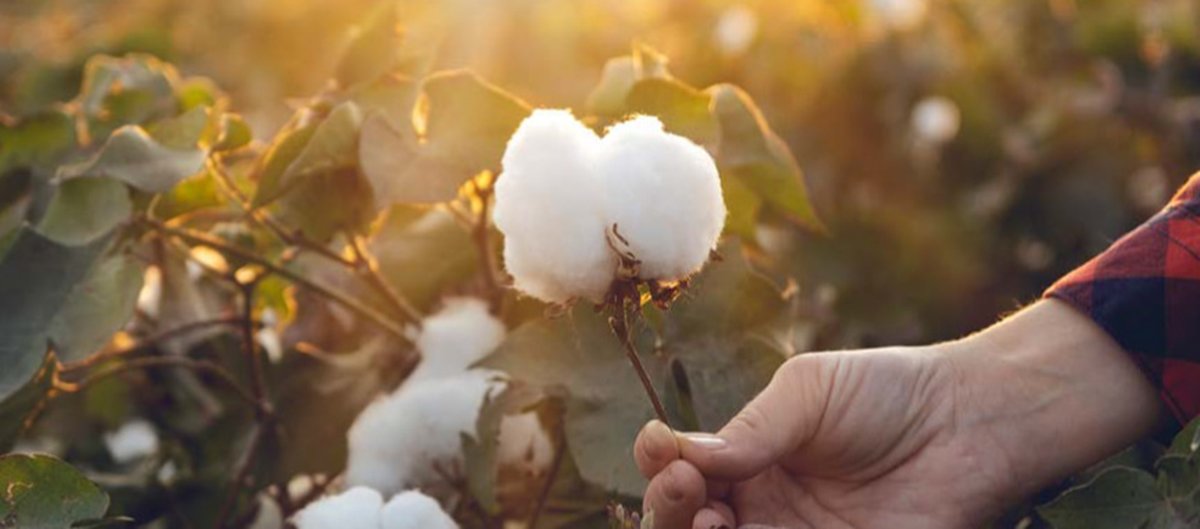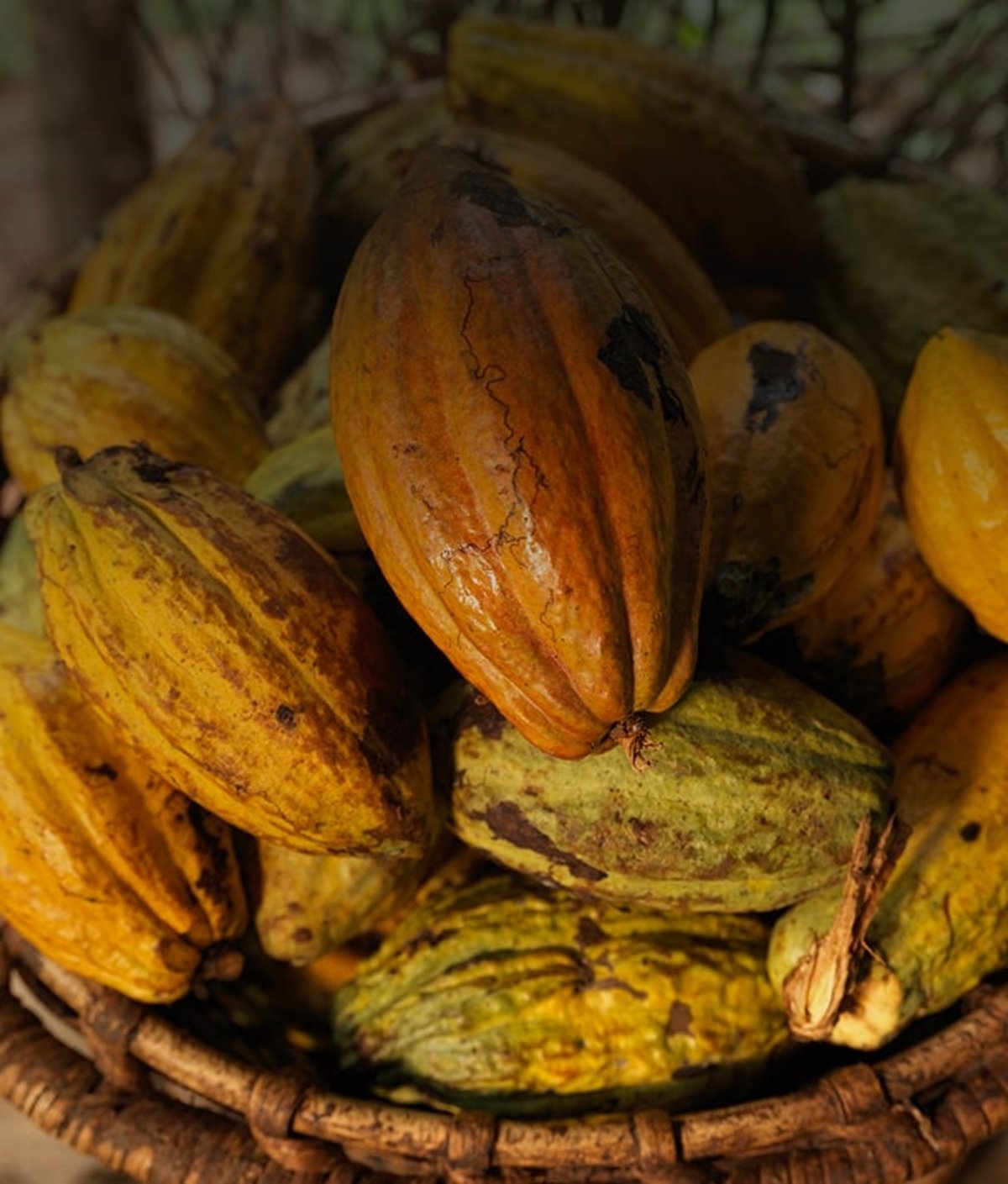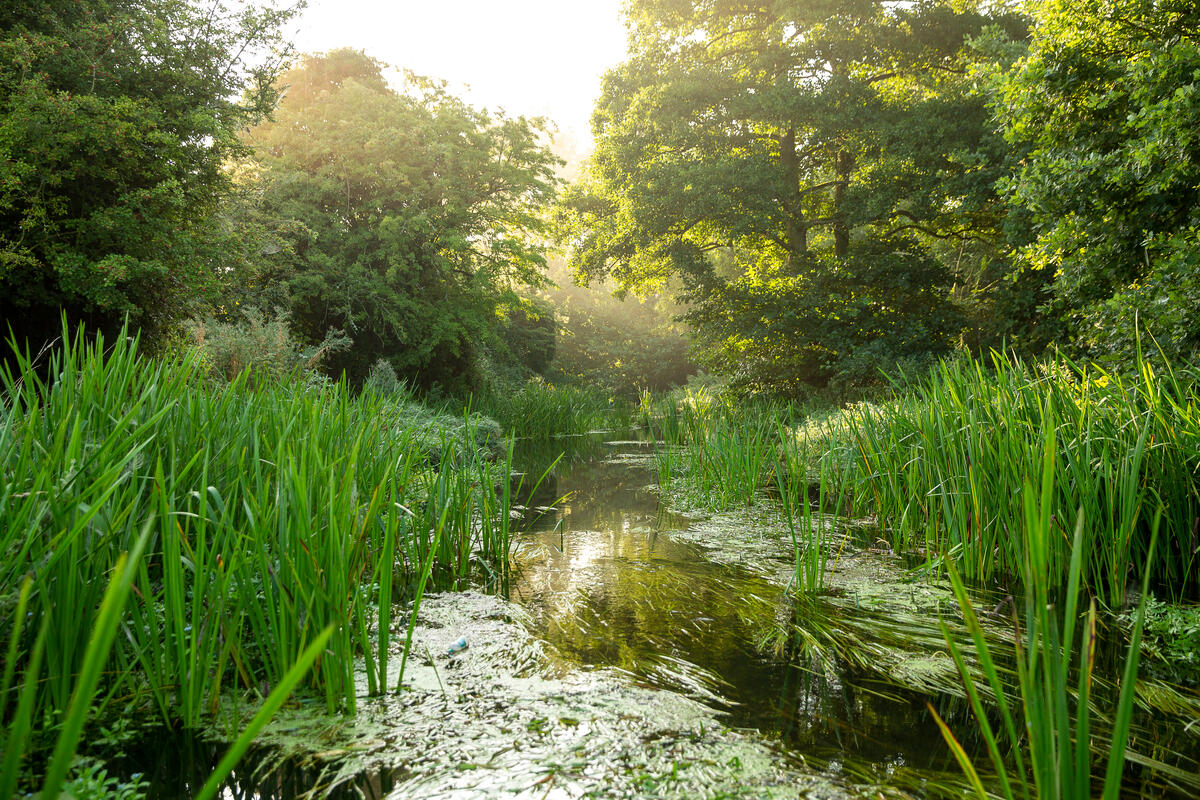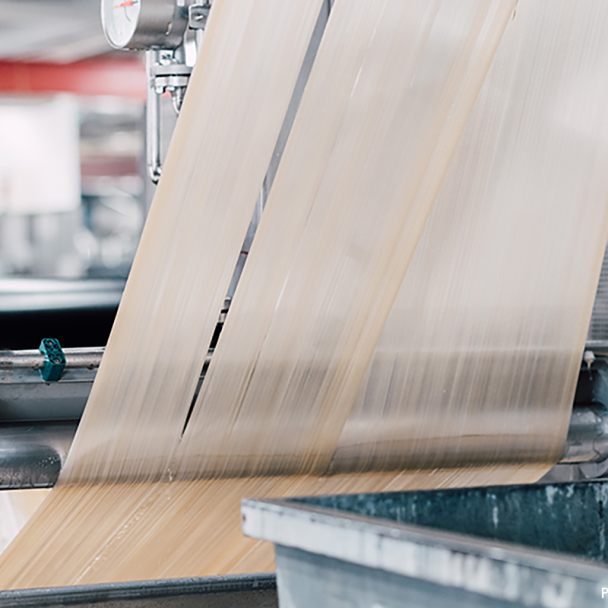To source our raw materials more responsibly and continually improve the ethics and sustainability of our sourcing practices, delivering positive impact for people, nature and animals in the places where they’re produced.
Performance highlights
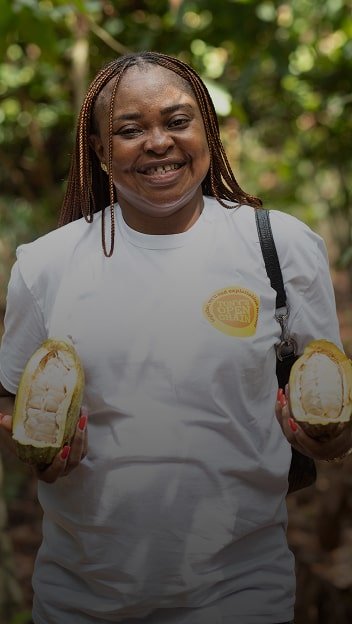
20%
20% of cocoa in our own-brand products is verified deforestation-free through Tony’s Open Chain programme.
Cocoa first
Waitrose became the first UK grocery retailer to partner with Tony’s Open Chain, sourcing cocoa for nine of our own-brand chocolate bars. Tony’s Open Chain sourcing model aims to end exploitation in the cocoa industry and is underpinned by strong ethical sourcing principles, including paying farmers more, buying fully traceable beans and partnering with cooperatives in the long term.

2.4M
In 2024, farmers and workers earned £2,396,454 via the Fairtrade Premium from sales of Waitrose own-brand items.
Fairtrade anniversary
In 2024, we celebrated 30 years of partnership with the Fairtrade Foundation. Through sales of Waitrose own-label Fairtrade-certified products over the past 9 years, producer cooperatives earned an estimated £21,939,156 in Fairtrade Premium, an extra sum of money that farmers and workers invest in our banana, coffee, tea, cocoa, bagged sugar and wine supply chains, such as farming improvements and community initiatives of their choice.
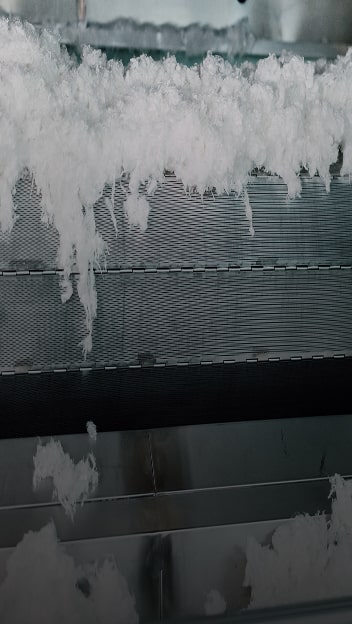
131
We worked with 131 suppliers to improve sourcing practices for man-made cellulosic fibres in our products.
Man-Made Cellulosics
This year, we’ve engaged with 131 suppliers whose products had man-made cellulosic fibres in their composition, helping us understand where this material is sourced. We’re now working to ensure that all suppliers are sourcing from fibre producers ranked as ‘green shirt’ using Canopy’s Hot Button Score system.
PHOTO: LenzingAG

100%
All feather and down in our own-brand bedding and cushions is from certified, more sustainable sources.
Feather and Down
All feather and down for John Lewis own-brand filled bedding and cushions now comes from certified more sustainable sources. Adhering to standards such as DOWNPASS or the Responsible Down Standard means both animal welfare and quality are controlled along the supply chain.
Our approach to raw materials
Our business sources raw materials from farmers and producers across the globe, touching the lives of countless people and affecting animals and nature.
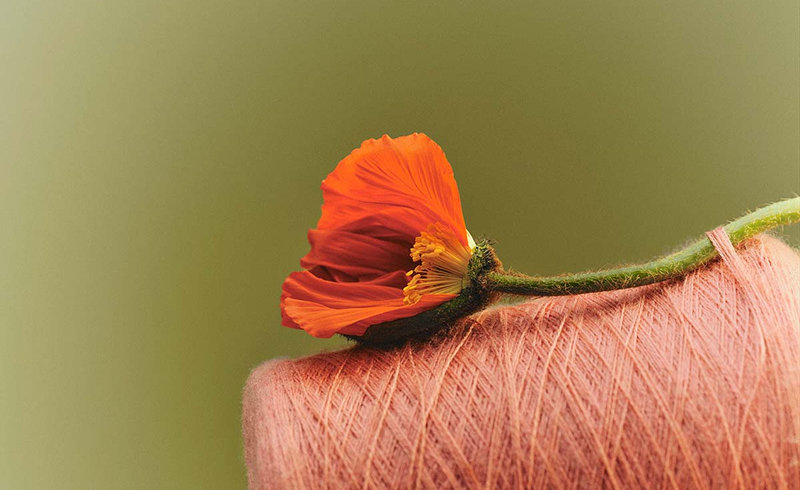
As a result, sourcing raw materials is one of our most significant impacts on the world, be it on human rights and livelihoods, climate, animal welfare or the environment. It’s also one of our greatest opportunities to be a force for good.
We continually seek to source responsibly and improve the ethics and sustainability of our sourcing, working closely with suppliers, expert partners and industry groups to raise standards and drive the systemic changes needed.
Taking a risk-based approach, we prioritise areas where we have the greatest leverage: our highest volume and most impactful raw materials and supply chains. Because we know that complex problems, such as deforestation, require solutions that go beyond procurement standards, we address them through projects in key supply chains and regions, as well as multi-stakeholder industry initiatives.

PHOTO: LenzingAG
